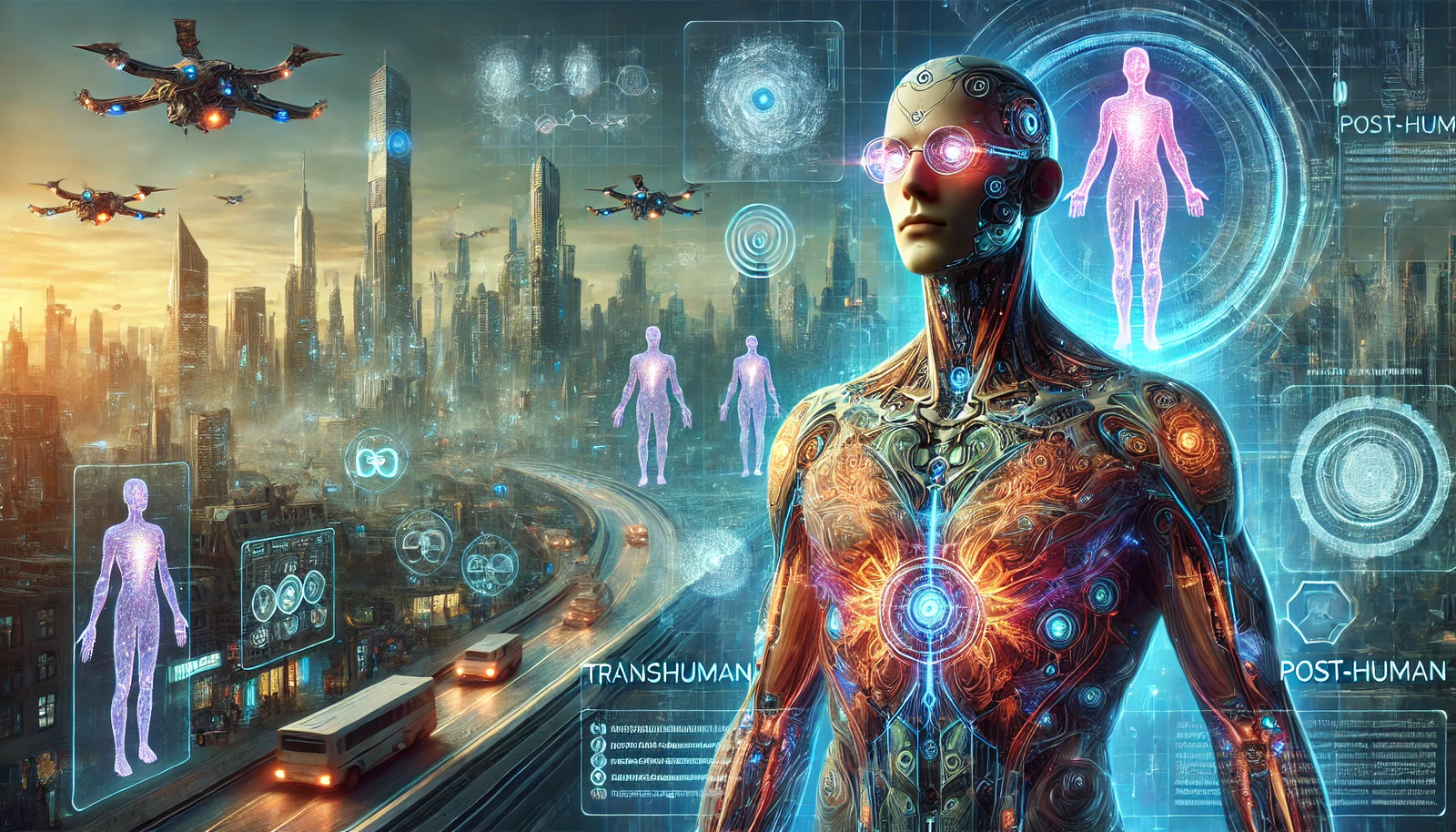Why in the News?
- A brief exchange between Vladimir Putin and Xi Jinping at the Tianjin SCO summit highlighted their interest in biotechnology and human lifespan extension.
- This has renewed focus on transhumanism — a global movement seeking radical human enhancement through technology (longevity, intelligence, well-being).
- With Silicon Valley billionaires also investing heavily in anti-ageing and AI-human integration, debates are intensifying on the ethical and social implications of such pursuits.
Ethical Issues Involved
- Human Dignity and the Meaning of Life
- Transhumanism challenges traditional acceptance of mortality; risks reducing life to a technical problem.
- Kantian ethics: treating human beings as ends, not as means — immortality projects may commodify human life.
- Religious traditions (Hindu, Christian, Islamic) see eternal life as spiritual, not engineered, raising existential conflicts.
- Equity, Justice and Access
- Risk of a biologically privileged elite enjoying longevity and cognitive upgrades while the poor remain excluded.
- Rawls’ difference principle: inequalities are only acceptable if they benefit the least advantaged.
- Potential misuse for designer babies and eugenics threatens fairness and diversity in society.
- Accountability and Power
- Political leaders seeking biological immortality raises concerns of perpetual concentration of power.
- Historical lesson: unchecked ambition (e.g., dictatorships) often harms collective well-being.
- Civil servants are bound by constitutional morality to ensure technology serves democracy, not authoritarianism.
- Technology and Human Identity
- Neuralink and AI–human integration blur lines between man and machine.
- Risk of undermining human vulnerability, empathy, and limits — central to our shared humanity.
- Existential ethics (Sartre): our choices, limits, and mortality define meaning; transcending them may erode authenticity.
- Global Responsibility and Regulation
- Transhumanism without regulation risks ethical free-riding (flag-of-convenience in biotech).
- India’s tradition of Vasudhaiva Kutumbakam stresses global stewardship.
- Second ARC emphasized ethical regulation of emerging technologies — crucial to balance innovation with human welfare.
Course of Action
- Promoting Ethical Research
- Encourage biotechnological innovation within ethical frameworks.
- Institutional ethics committees must review research on genetic engineering, AI, and organ replacement.
- Use Gandhiji’s principle of trusteeship — science as a tool for collective good, not private immortality.
- Ensuring Equity and Inclusion
- Public investment to make life-extending technologies accessible to all, not just the wealthy.
- Prioritise public health challenges (malnutrition, epidemics) before funding immortality projects.
- Example: Civil servants like Verghese Kurien ensured technology (milk revolution) benefited the masses.
- Strengthening Legal and Global Governance
- Develop international treaties on ethical use of transhumanist tech (like nuclear or space law).
- India can take leadership in global forums like SCO, G20, UN to push for responsible innovation.
- Inspired by Kautilya’s Arthashastra, rulers must act for collective security, not personal gain.
- Preserving Human Values
- Education must integrate philosophy, ethics, and AI literacy to ensure balance between tech and humanity.
- Foster dialogue between scientists, ethicists, and spiritual leaders to avoid value–technology disconnect.
- Tagore’s idea of holistic education can guide in combining science with values.
- Harnessing Technology for Social Good
- Apply AI, genetic engineering, and biotech for healthcare, disability support, climate adaptation.
- Promote super-wellbeing (mental health, disease eradication) rather than only super-longevity.
- Utilitarian principle: maximize happiness for the greatest number, not extend lives of a privileged few.
Conclusion
Transhumanism opens unprecedented possibilities but also profound ethical dilemmas. India, rooted in spiritual wisdom yet aspiring for scientific leadership, must ensure these technologies uphold dignity, inclusivity, and global responsibility, serving humanity’s collective well-being rather than elite fantasies of immortality.
| EnsureIAS Mains Question Q. The quest for transhumanism — extending life and enhancing human capacities through biotechnology and AI — raises fundamental ethical dilemmas. Discuss the ethical challenges it poses in relation to human dignity, justice, and global responsibility. How should India balance scientific advancement with moral and social concerns? (250 words, 15 marks) |



